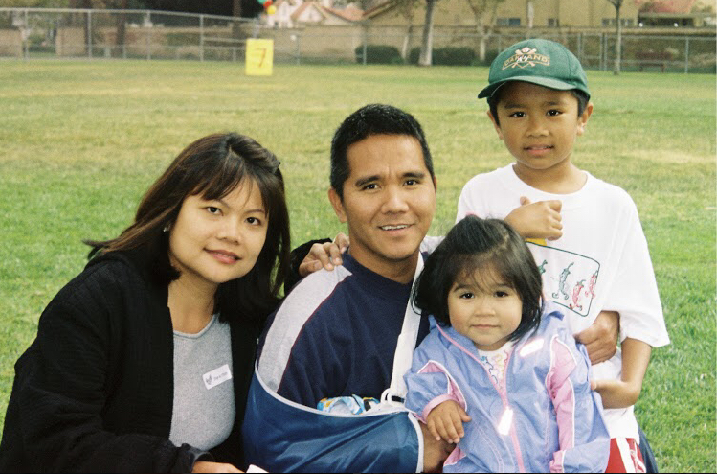“OK” sex has nothing to do with a partner’s ability to please the other. Instead, this kind of sex has to do with an individual performing a specific sexual act they might not personally desire, but consent to, often under pressure from their partner.
People’s sexual desires are often different, and what might seem normal to one is completely taboo to another.
Jessica Nare, Women’s Resource Center coordinator at San Diego State, said the problem is that desire — especially women’s desire — is often missing from sexual education.
“Ideally we want people react enthusiastically to sex,” Nare said. “But what if they don’t know what they want or what they desire?”
Suzannah Weiss, in her article “3 Empowering Sex Tips We Should Be Giving Young Women” in Everyday Feminism, wrote that she gained most of her knowledge about sex from women’s magazines. She said the problem is their information about sex tends to objectify women.
Sexual education classes and parents focus on the health related issues and promote safe sex or abstinence, while magazines and the media push the objectification of women.
Understanding your personal desires comes from sexual experience, but it’s important to understand that your partner might not have the same desire.
A SDSU psychology senior, who asked to keep her identity confidential, said there have been several times when she’s performed oral sex with men who have pushed down her head further in an effort to make her gag or go deeper.
“How do you say ‘don’t do that?’” she said. “I knew that they were into it, and I don’t know I felt like I didn’t do anything because I felt he was into it. I just let it happen.”
She said that, because her partners did not ask, she felt pressured to go along with what they were doing, even though she did not personally desire it.
A civil engineering senior, who also asked to keep her identity confidential, said that communication is a key. She said she experienced unwanted choking during sex but, feeling comfortable with her partner, she brought up her concerns in a conversation afterwards.
“When it’s your body you should be comfortable speaking up about it,” she said. “That conversation needs to happen. If they’re not mature enough to have that conversation, then don’t have (sex) with them.”
She said that the responsibility falls on both the person initiating sexual activity and their partner to communicate which activities or acts they are interested in and comfortable with.
Nare said individuals need to be aware of their partner’s body language and responses to what they are doing because it can move into the realm of sexual violence.
If a person isn’t saying no, but their body is pushing away, then that’s a sign that the individual needs to stop.
The best way to avoid having “OK” sex is communication before, during and after, and a clear understanding about what “OK” is.












